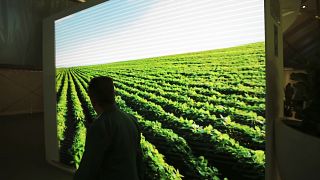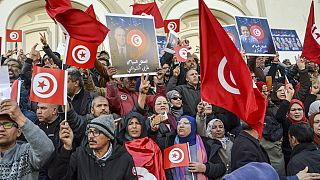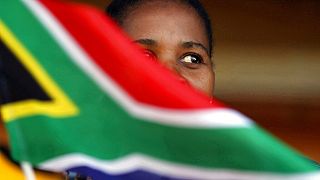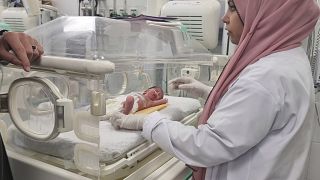Tunisia
Tunisian President Kais Saied sacked Prime Minister Najla Bouden on Tuesday shortly before midnight, without giving any explanation, replaced by a former senior Central Bank executive, Ahmed Hachani, whom he asked to "overcome colossal challenges".
No official explanation was given but several local media highlighted President Saied's displeasure with a number of shortages in the country, particularly of bread in state-subsidized bakeries.
Kais Saied "terminated the functions" of Prime Minister Najla Bouden, who had been the first woman to lead a government in Tunisia, according to a press release and a video from the Tunisian presidency released Tuesday shortly before midnight.
The new head of government was an executive at the Central Bank, and studied at the Faculty of Law of the University of Tunis where Kais Saied taught constitutional law, said the person concerned on Facebook.
Mr. Hachani, completely unknown to the general public, was immediately sworn in before President Saied, according to the video from the presidency.
At the end of the ceremony, Mr. Saied wished him "good luck in this responsibility" taken "in a specific situation". The president stressed that "there are colossal challenges that we must overcome with a solid and strong will, in order to protect our homeland, our state and social peace".
In recent days, several meetings have taken place within the government and between the president and ministers around problems of shortages of subsidized bread in several regions. According to media, Mr. Saied, who recently said that "bread is a red line for Tunisians", fears a repeat of the bread riots which left 150 dead in 1984 under Habib Bourguiba.
In Tunisia, since the 1970s faced with a low-wage economy, the State centralizes the purchase of a large number of basic products (flour, sugar, semolina, coffee, cooking oil) before reinjecting them into the market at affordable prices.













01:13
At least 5 people have died while crossing English Channel, hours after UK approved deportation bill
00:59
British man running length of Africa nears finish line
02:35
Women rights activists react to DRC first female PM
01:31
Reaction: 4 sentenced to death for the assassination of Chokri Belaid in Tunisia
01:13
Prime minister Ariel Henry resigns amidst Haiti's crisis
Go to video
Guinea names former opposition leader Mamadou Oury Bah as prime minister